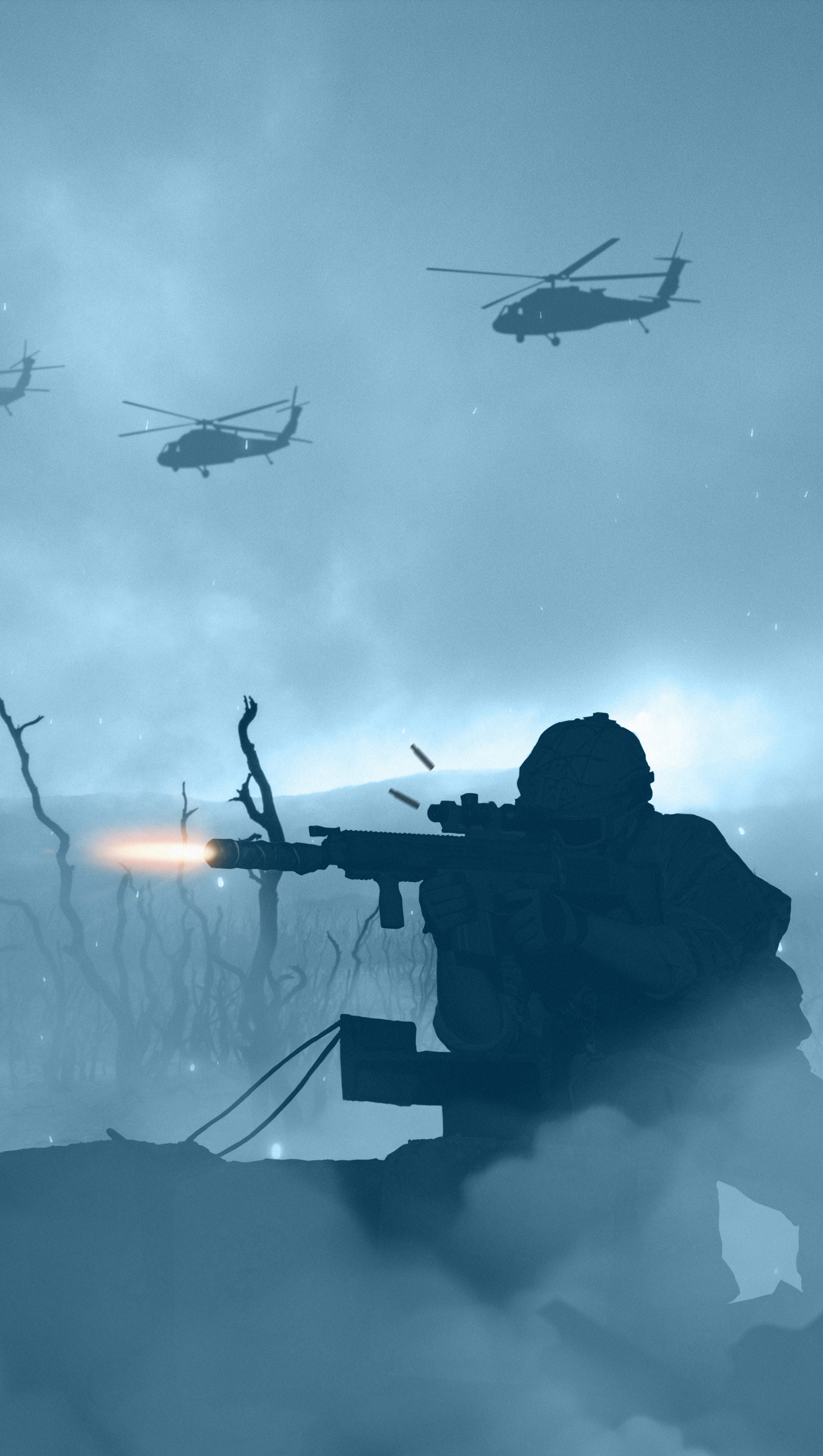
The Great War
However, in 1921 tensions finally erupt into full-blown war
Austria-Hungary asserts dominance in Central Europe, shaping its diplomacy. Germany adjusts its foreign policy due to the Archduke's survival. Russia faces internal strife but remains loyal to the Entente.
France readies for conflict with Germany, employing diplomatic finesse. Britain fortifies alliances and military strength for the impending war. The Ottoman Empire adapts to regional challenges, redefining its relationship with Austria-Hungary
The survival of the Archduke and his wife delays the outbreak of conflict by several years. With the Archduke's involvement in the lead-up to the war, his diplomatic efforts and personal influence contribute to a more tempered response from key players.
As the Great War finally concludes in 1928, sanctions are placed on countries such as Germany, who were seen as the instigators of The Great War. However, these Treaties were crafted with long term diplomacy in mind. These sanctions were to hold the instigating countries responsible, but in a way that would not cause mass discrimination
The Archduke's survival proves to be a pivotal factor leading to a world where diplomacy and leadership alter the fates of nations. Despite the war still occurring, long term peace options after the war were sought out to prevent such mass conflict from repeating
Back to Timeline


